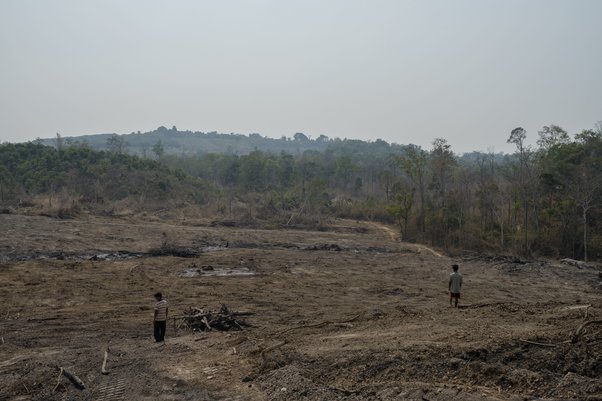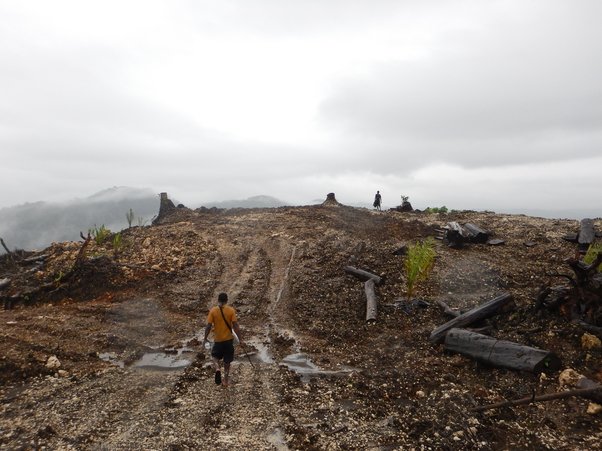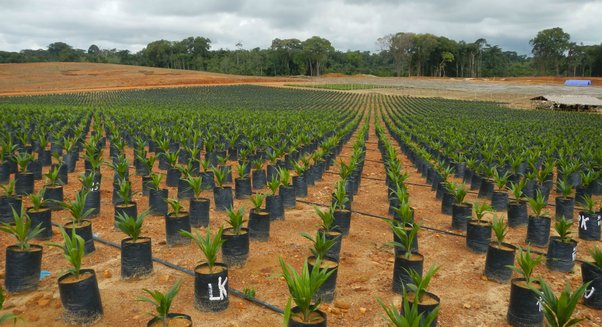Since 2008, the rush for land in developing countries has rapidly intensified but the sector remains largely unregulated and land deals are frequently agreed in secret between governments and investors
This lack of mechanisms or political will to ensure transparent, accountable, and fair decision-making in the acquisition and allocation of land concessions undermines governance and the democratic process.
It fosters an environment where high-level corruption between political and business leaders prevails, where elite capture of natural assets becomes the norm, where human rights are routinely abused with impunity, where environmental destruction is ignored and where investment incentives are stacked against companies willing to adhere to ethical and legal principles.
The report, Dealing with Disclosure, by Global Witness, the International Land Coalition and the Oakland Institute, looks at why it is vital to transform the secretive culture behind large scale land deals and, for the first time, sets out in detail what tools governments, companies and citizens can harness to ensure that this happens.
Rush for land
The rush for land in developing countries has rapidly intensified since 2008, but the sector remains largely unregulated. Concerns are growing over the impact of big, secretive deals between governments and investors on communities and the environment.
As more and more land is taken away from local communities, growing numbers of people are losing access to the resources they have relied on for generations, and ecosystems are being destroyed.
Decisions and negotiations around land deals are frequently conducted in secret, without the knowledge, let alone consent, of affected communities. Without access to basic information such as contract terms or pre-project impact assessment studies, local communities and other parties cannot make informed decisions about the suitability of proposed investments.
This lack of information hampers efforts to hold governments or investors to account, making human rights and environmental abuses more likely. It also undermines governance and democratic processes and fosters high-level corruption, discouraging companies willing to operate responsibly.
The report’s key recommendation is that all contractual information be made publicly available unless investors or governments can prove that this would harm commercial competitiveness or public interest – a principle it calls “if in doubt, disclose”.
Companies should have to prove they are doing no harm, rather than communities with little information or power having to prove that a land deal is negatively affecting them.
It also reveals how opening up the process around large-scale land deals would not only benefit local communities but also governments and investors.
Whilst investors would enjoy a level playing field as well as reduced risks of corruption and expensive and damaging conflicts with communities, greater transparency would enable governments to make more informed decisions and negotiate better deals when allocating commercial rights to land.
Download the full report: Dealing with disclosure
Download Resource

